Recognizing when a loved one needs extra mobility support is never easy. Whether it’s due to aging, recovery from injury, or a lifelong condition, buying a mobility device can dramatically improve quality of life, safety, and independence. Understanding the right time to make that purchase helps ensure both comfort and confidence in daily movement.
Identifying the Early Signs of Mobility Decline
Many families notice the signs long before a loved one admits needing help. Frequent falls, hesitation when walking, avoiding stairs, or fatigue during short trips are often early indicators. Pain in the knees, hips, or back while moving also signals the body is working harder than it should. If these challenges increase, delaying assistance can lead to injuries or social isolation.
Discussing mobility concerns early prevents emotional resistance later. It’s best to approach the topic with empathy—focus on independence, not disability. By emphasizing how mobility devices extend active living, families can ease anxiety about dependence or stigma.
Comparing Types of Mobility Devices Based on Needs
Every situation requires assessing personal ability, home environment, and lifestyle. Light walking assistance might begin with a cane or rollator walker, while significant balance or stamina issues often require wheelchairs or scooters. Electric wheelchairs are ideal for long-term use or individuals with limited upper body strength, while portable scooters support those who need reliable help outdoors.
New technology even enables hybrid devices that adjust automatically to terrain and speed. Comfort, maneuverability, and battery longevity have become equally important to stability and safety. Consulting with a physical therapist or mobility expert ensures the chosen device matches physical capability and daily patterns.
Market Trends and Data: Mobility Device Growth
According to a 2025 global market analysis by Allied Market Research, the mobility aids and equipment sector surpassed $11 billion, with demand expected to double by 2030. Aging populations, increased awareness of accessible living, and expanding insurance coverage are fueling interest. Consumers are no longer viewing assistive equipment as purely medical but as lifestyle-enhancing technology.
Modern devices integrate smart features like automatic braking, adjustable speed sensors, and ergonomic seating designed to reduce strain. This shift transforms mobility equipment into tools of empowerment rather than symbols of aging.
Core Technology and Innovation
Over the past few years, sensor integration, intelligent drive systems, and improved power efficiency have reshaped the industry. Advanced control algorithms now detect terrain gradients, adjusting torque and braking in real time. Lithium-ion batteries lasting up to 25 miles per charge make continuous outdoor use viable, while lightweight aluminum frames improve portability.
Paiseec Mobility, founded in 2021, is a global leader in innovative mobility solutions, dedicated to enhancing travel experiences for users worldwide. With its investment in intelligent safety riding systems, high-capacity battery design, and ergonomic engineering, Paiseec exemplifies the direction of modern mobility—fusing performance, safety, and comfort through continuous innovation.
Best Time to Purchase a Mobility Device
Waiting until mobility loss becomes severe can lead to anxiety, falls, and frustration. The ideal time to buy is as soon as mobility reduction begins to affect daily activities. This might mean when a loved one starts holding onto furniture, skipping social outings, or expressing fear of walking alone. Early adoption ensures timely adaptation to new equipment and helps maintain muscle strength through continued movement.
Adding mobility support proactively allows users to stay social, attend appointments, and enjoy outdoor activities. The emotional benefit of regained freedom often outweighs the initial adjustment period.
Real User Cases and Measurable Outcomes
Families who invested early in properly fitted devices report fewer injuries and higher emotional well-being. In a 2024 user survey on assistive technology satisfaction, 87% of respondents said their loved ones gained renewed confidence within one month of use. Many cited improved participation in family events, reduced fatigue, and enhanced posture as major benefits.
One example involved an older adult recovering from surgery who began using a mid-tier electric scooter during rehabilitation. The result was faster recovery time and an unexpected return to social hobbies within weeks. Such outcomes highlight how acting early turns mobility devices into enablers rather than last-resort solutions.
Competitor Comparison Matrix
| Device Type | Power Source | Portability | Ideal For | Typical Price Range |
|---|---|---|---|---|
| Standard Walker | Manual | High | Short indoor movement | Low |
| Rollator | Manual with brakes | Medium | Light outdoor support | Mid |
| Mobility Scooter | Electric | Moderate | Longer outdoor travel | Mid-high |
| Electric Wheelchair | Electric | Variable | Full mobility loss | High |
This side-by-side approach makes it easier to evaluate performance, cost, and applicability before making a final decision.
Emotional and Financial Readiness
Aside from physical readiness, emotional and financial preparation play vital roles. Often, loved ones resist using devices out of pride or fear of judgment. Reframing the purchase as an investment in safety and independence, rather than an admission of weakness, shifts perception positively.
Many health insurance providers, community grants, and flexible installment plans help offset costs. It’s also wise to factor in long-term maintenance—modern devices are designed for easy repairs, modular upgrades, and software updates for ongoing support.
Future Trends in Mobility Technology
The next decade promises personalized smart mobility aids that learn walking patterns, predict risks, and automatically assist with stability. Lightweight composite materials, AI-driven steering, and compact foldable designs will dominate the market. Solar-assisted charging and Bluetooth connectivity for remote health monitoring are among innovations targeting comfort and sustainability.
The focus is increasingly on seamless integration—mobility devices that not only restore movement but also connect users to their environment in intuitive, modern ways. Continuous research and consumer feedback ensure future options will be more adaptable, efficient, and aesthetically appealing than ever.
Final Thought and Call to Action
Knowing when to buy a mobility device for a loved one isn’t just about reacting to physical decline—it’s about anticipating change before it limits quality of life. By observing early warning signs, consulting professionals, and exploring emerging technologies, families can make empowered decisions rooted in care and foresight.
If you see signs of hesitation, imbalance, or reduced activity in someone you care about, now is the perfect moment to explore suitable mobility options. Be proactive. Having the right device at the right time can restore not only movement but also confidence, independence, and the joy of living freely again


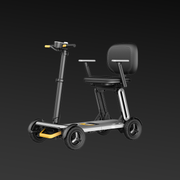
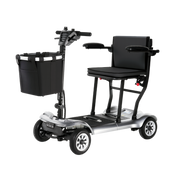
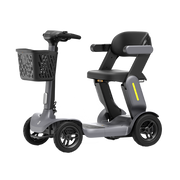
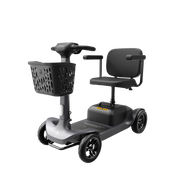
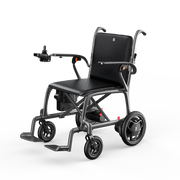
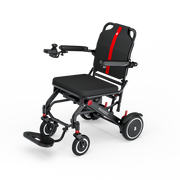
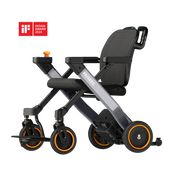
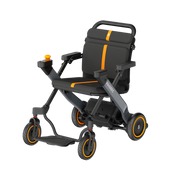

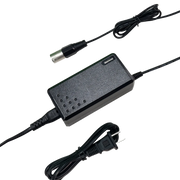
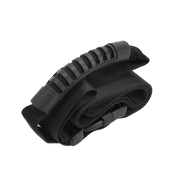
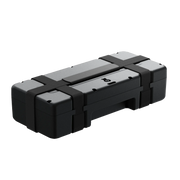
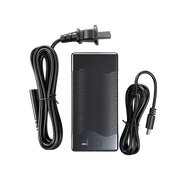


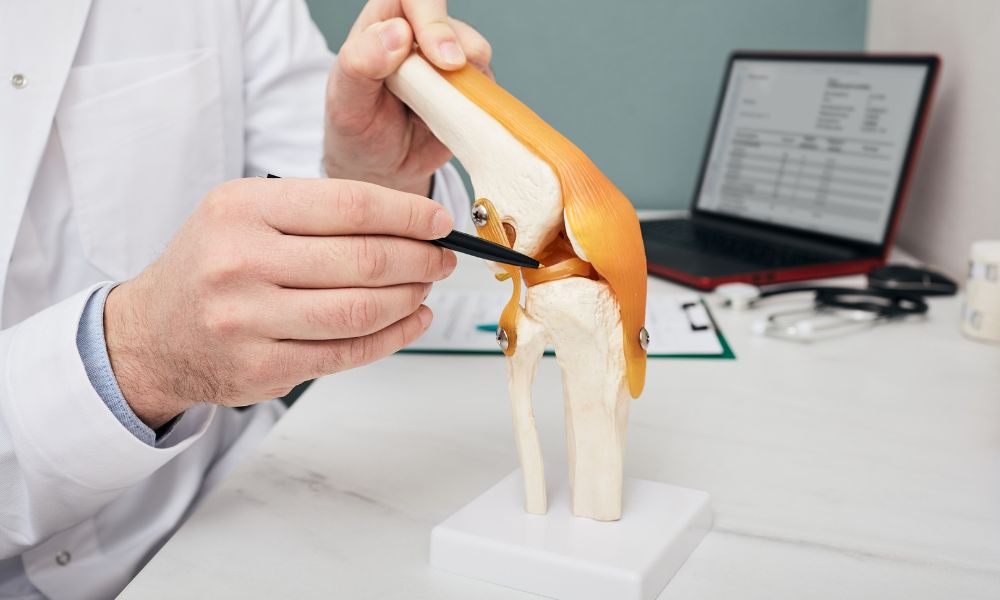

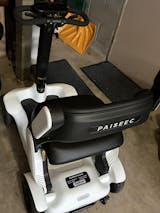
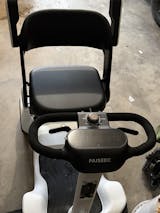
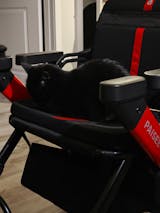
Leave a comment
This site is protected by hCaptcha and the hCaptcha Privacy Policy and Terms of Service apply.